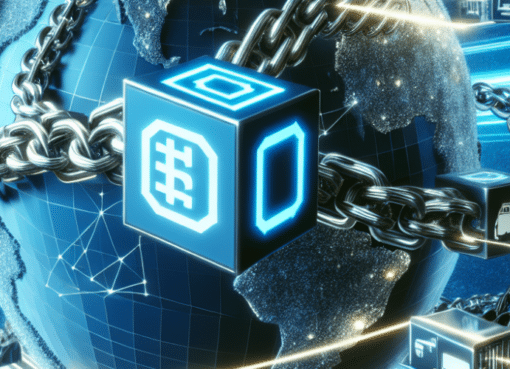In a landmark development, a tech startup specializing in cybersecurity has announced the launch of the world’s first blockchain-based voting system employing zero-knowledge proof technology. This pioneering approach not only enhances the transparency and security of digital voting but also maintains the confidentiality of voters, a longstanding issue in electronic voting systems.
Zero-knowledge proof (ZKP) is a cryptographic method by which one party (the prover) can prove to another party (the verifier) that they know a value x, without conveying any information apart from the fact that they know the value x. Integrating ZKP with blockchain technology, the startup claims, will revolutionize how votes are cast and counted in future elections.
The new system, named “VoteShield,” was unveiled earlier this week during a high-profile tech conference in Silicon Valley. According to the creators, VoteShield does not store any information about the voter’s identity or how they voted on the blockchain. Instead, it records that a vote has occurred and verifies the legitimacy of the vote using ZKP, thereby ensuring the electoral process remains both anonymous and tamper-proof.
“Traditional electronic voting systems have often been criticized for their vulnerability to hacking and lack of transparency, which can lead to distrust in electoral processes,” explained Dr. Helen Yu, Chief Technology Officer at the startup. “By employing zero-knowledge proofs, VoteShield ensures that all votes are counted as cast, without compromising voter privacy.”
This innovative system is built on a decentralized blockchain platform, which means no single entity has control over the entire voting process. This decentralization further safeguards the system from potential manipulations and cyber attacks. Blockchain’s inherent transparency also allows for any irregularities in the voting process to be quickly spotted and addressed, thereby enhancing trust among the voting populace.
One of the key features of VoteShield is its accessibility. The platform can be accessed through a smartphone application or a web interface, making it easy for voters to participate in elections without the need for specialized equipment or significant training. Furthermore, the application uses a simple, intuitive interface to guide voters through the voting process, ensuring it is accessible even to those who are not technologically savvy.
Experts in cybersecurity and blockchain have lauded the introduction of VoteShield as a significant step forward in combating electoral fraud and boosting democratic engagement. “The application of zero-knowledge proofs in voting is a game-changer,” commented Dr. Alicia Truby, a blockchain expert and professor at Stanford University. “It addresses critical vulnerabilities in our current digital voting systems and rebuilds trust in our electoral processes.”
The announcement has also sparked interest from governments and election commissions around the world, keen on exploring the potential of this technology in national elections. Preliminary talks are reportedly underway with several countries to begin pilot testing VoteShield in local and national elections by the end of the year.
Despite the enthusiasm, there are challenges to be addressed. Integrating new technology into the existing electoral frameworks and ensuring the technology is resistant to evolving cyber threats are ongoing concerns. Furthermore, the political and legal frameworks governing elections vary widely across countries, which could complicate the deployment of a universal system like VoteShield.
Nonetheless, the introduction of VoteShield marks a significant milestone in the application of blockchain technology beyond cryptocurrencies. As this technology continues to mature, its potential to transform various aspects of our lives remains immense, with digital voting just the beginning.
As the world watches this development unfold, the conversations about the future of democracy and technology continue to evolve. With such technologies in play, the dream of having a secure, transparent, and accessible voting system seems increasingly within reach, paving the way for more robust democratic processes globally.




